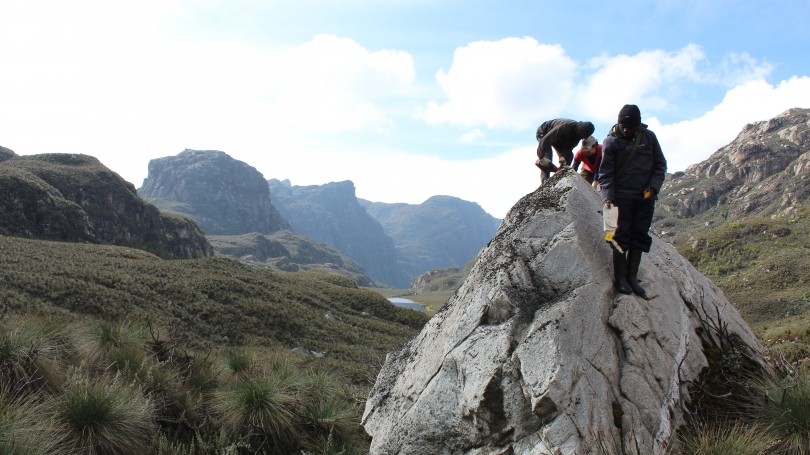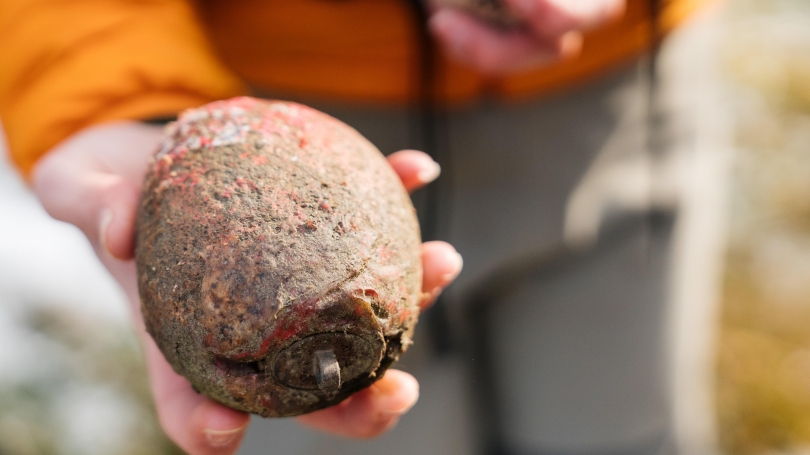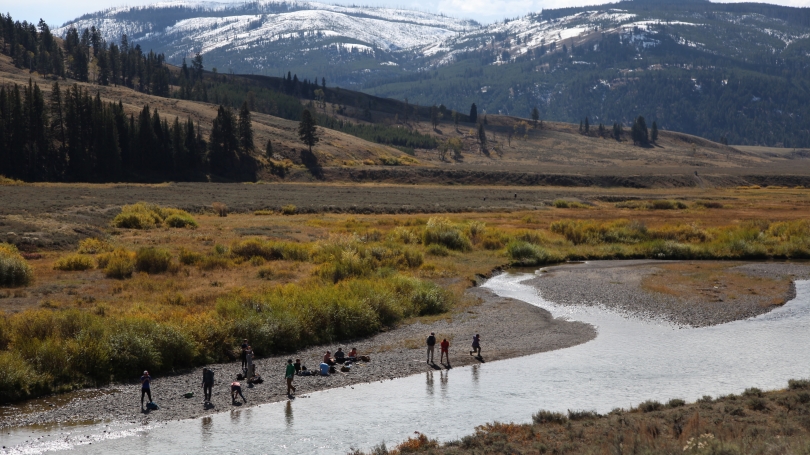Research areas currently include hydrology and watershed processes, including fluvial and glacial geomorphology (Chipman, Kelly, Magilligan, Palucis, Renshaw), and low temperature biogeochemistry in soils, water, and sediment, including carbon cycling and contaminant and solute transport (Feng, Jackson, Renshaw, Sharma, Slotznick). The Department already benefits from long-standing cross-departmental collaborations with Geography (Chipman, Magilligan), Biology (Chen, Hicks Pries), and the Geisel Medical School (Karagas). The affiliated faculty's research is designed to provide a quantitative and mechanistic basis of environmental processes, predict the extent and magnitude of geological problems, and to design effective remediation strategies.
DEPARTMENT FACULTY
Xiahong Feng
- Hydrochemistry and Solute Transport; Low-Temperature Geochemistry
Brian Jackson
Meredith Kelly
- Glacial and Quaternary Geology, Paleoclimatology
Joshua Landis
- Short-lived Radionuclides
Marisa Palucis
- Surficial Processes and Geomorphology
Carl Renshaw
Mukul Sharma
- Radiogenic isotope geochemistry
Sarah Slotznick
AFFILIATED FACULTY
Jonathan Chipman (GEOG)
Celia Y. Chen (BIOL)
- Aquatic Ecology and Contamination
Caitlin E. Hick-Pries (BIOL)
- Terrestrial Carbon Cycle and Soil Biogeochemistry
Margaret Karagas (GEISEL)
- Human Health and Epidemiology
Frank Magilligan (GEOG)


